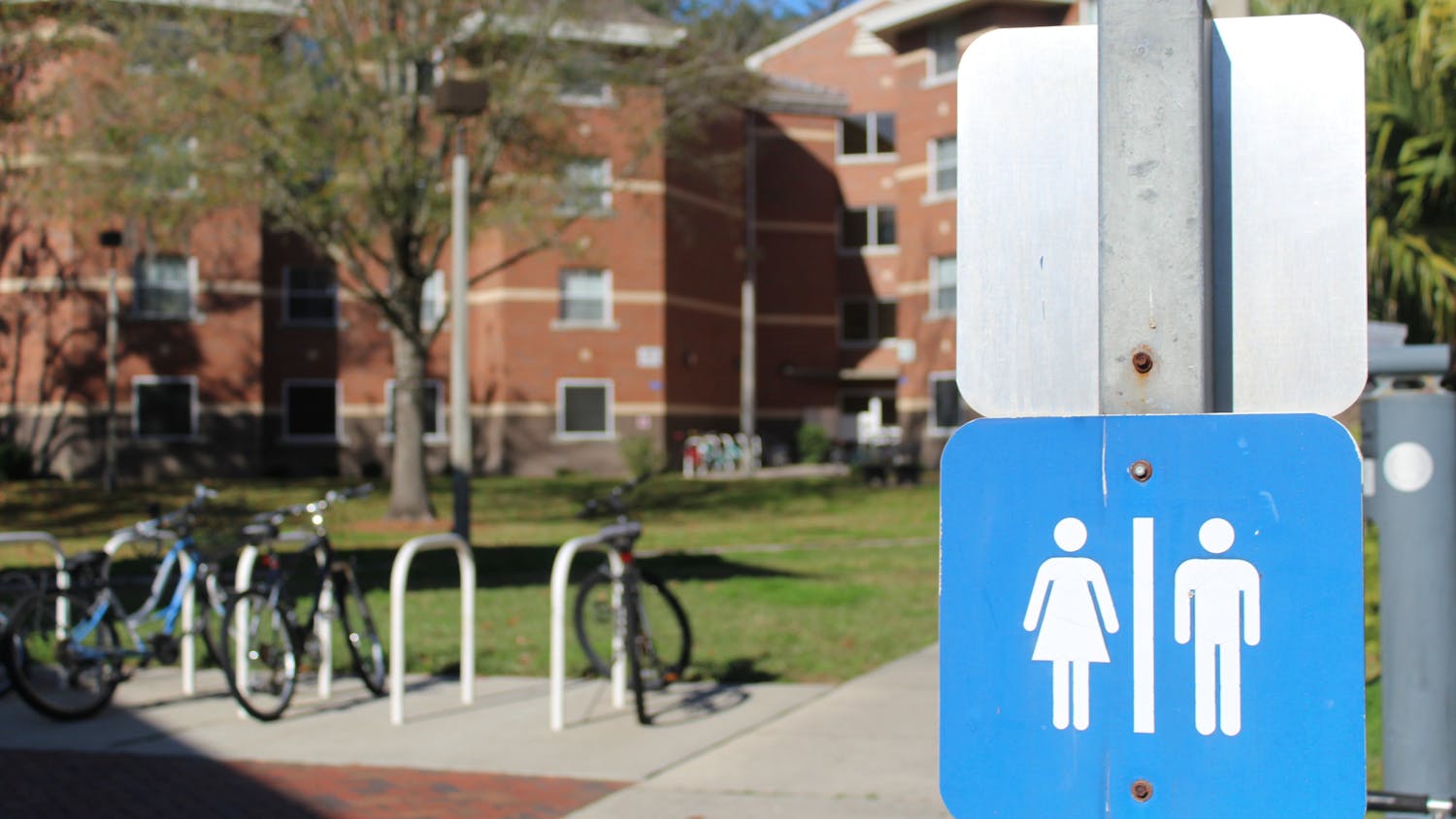The Transportation Security Administration’s policies, intended to fulfill the responsibility to detect and deter terrorist plots in U.S. airports, use largely invasive and discriminatory procedures that end up profiling whole groups of people.
The TSA started in November of 2001 in response to the Sept. 11 attacks. The Intercept, an online media outlet, reported the TSA has a program called Screening of Passengers by Observation Techniques. SPOT employs behavior-detection officers who are taught to detect people who they believe express certain behaviors that indicate they may be potential terrorists.
These suspected individuals undergo secondary screenings or are referred to law enforcement.
Some of the behaviors in the list included: exaggerated yawning, gazing down, rubbing or wringing of hands and widely opened eyes.
Based on its investigation, the TSA’s criteria of behavior detection — which has been shown to be based on faulty science — has often led to profiling undocumented immigrants, rather than potential terrorists.
The list of TSA policies got my mind to wonder who else these policies may end up including: trans folk, perhaps?
My worrisome fears were justified last week when Shadi Petosky, a transgender woman, said she was harassed and detained for about 40 minutes after she passed through a body-scanning machine at a security checkpoint at the Orlando International Airport, causing her to miss a flight because of an "anomaly" (her penis).
Her hands were swabbed for traces of explosives, she was patted down twice and her luggage unpacked and searched.
Petosky, a writer and producer at a small Los Angeles entertainment company, live-tweeted the ordeal, and it caught wind on social media with the hashtag #TravelingWhileTrans. She tweeted, "I fly all the time and this has never happened. I really thought the TSA was good about trans issues."
But this isn’t an isolated incident. Last year, Aljazeera America reported on three other incidents where travelers were subjected to heightened scrutiny in airport checkpoints.
Petosky said while in detention, a TSA agent told her to go back through the body-scanning machine "as a man or it was going to be a problem."
The problem is the body-scanning machine that the TSA uses, aside from it being an invasive and unregulated technology, is designed to check for what may be considered "male" or "female" characteristics, which perpetuates this idea that anyone who does not fit within this norm are deceivers and should be made to feel like the "other" — or, in this case, individuals who should be regarded with suspicion.
TSA protocol entails that agents are to treat passengers as the gender they perceive them to be, which ends up as a non-acknowledgement of our authenticity, our existence.
Although, the TSA does have a specific policy regarding transgender people: "Transgender persons should use the name and gender that appears on their government-issued ID when making flight reservations and at the security."
But it ends up pushing responsibilities onto the traveler rather than the TSA in making the effort to create a comprehensive policy that does not "out" transgender travelers to other passengers and induce unneeded trauma.
It not only drags transgender people under suspicion, but people with intersex conditions as well.
But the assumption that body-scanning technology actually makes us any safer is not exactly true. A study released in August showed body-scanning machines, which were installed in about 160 airports, couldn’t detect 96 percent of covert tests conducted.
So why use this flawed technology at the expense of further marginalizing trans and intersex folk and invading the privacy of all travelers? No one needs to know what’s inside our pants unless we’re letting them in.
Aubrey Krampert is a UF journalism junior. Her column appears on Thursdays.





